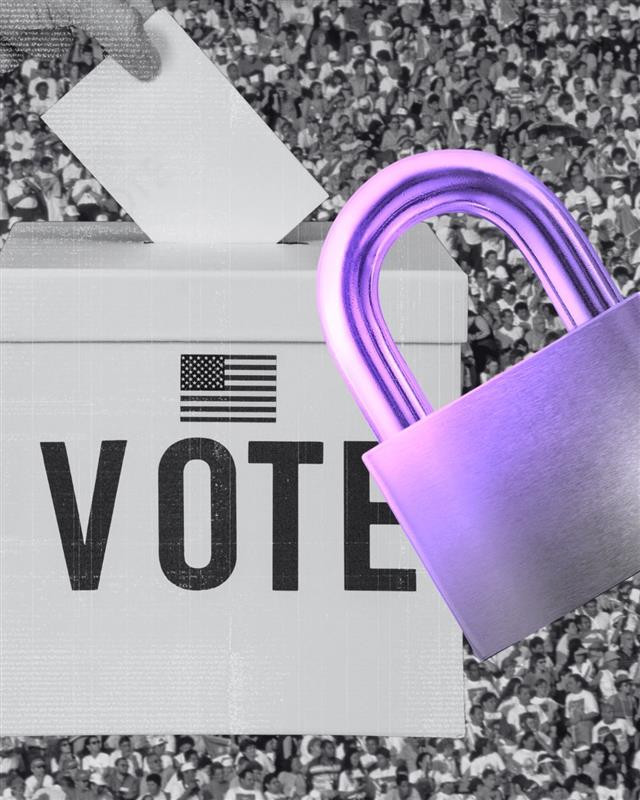America is flirting with a $2 trillion deficit. Politicians refuse to act, so Millennials and Gen Z must step up.
The Big Picture
Do you remember group projects in school? Remember how difficult it was to get the work done? A successful group project almost always required one self-motivated kid to take on the work and do it all.
This is because human beings respond to incentives. We want credit for our work, and it feels unfair when others are rewarded for our efforts. The same principle applies to Congress—but with far greater consequences.
With Congress gridlocked and debt spiraling out of control, it's a wonder anything gets accomplished at all.
This year, America is flirting with a $2 trillion deficit. Interest payments on our ballooning $35 trillion national debt surpassed $1 trillion for the first time.
Zooming In
Why Congress Won’t Act
Politicians have no incentive to tackle the debt crisis. As Richard Rubin wrote in the Wall Street Journal:
“Politicians know that the reward for fiscal discipline can just be giving their successors more room to run up deficits.”
It’s like we’ve been on a canoe heading towards a waterfall for decades. Everyone sees the danger, but no one wants to paddle to shore.
The Political Strategy: Talk About the Problem, Do Nothing
Members of Congress win elections by talking about the debt, not solving it. They run on fixing the deficit, get elected, and then make it worse. Why? Because making tough decisions on spending and entitlements would alienate voters.
Trump, Harris, and Their Role in the Crisis
Neither Trump nor Harris has addressed the financial crisis—not even to score political points. Why? Because both are responsible for worsening it.
- Trump proposes eliminating taxes on Social Security, which would push insolvency even closer.
- Harris avoids discussing entitlement reform and continues promising new government spending without a plan to pay for it.
According to the Committee for a Responsible Federal Budget, Trump's proposal would make Social Security insolvent by 2032 (one year sooner) and Medicare by 2030 (six years sooner).
Data Snapshot
According to Independent Center research:
- 65% of 18-to-49-year-olds want to “reform” or “modernize” Social Security and Medicare.
- Young voters understand that if they don’t push for reform, they will be the ones left with nothing.
Independent Lens
Millennials and Gen Z voters understand the long-term consequences of inaction. We recognize that fixing entitlements requires leaders willing to break from the broken incentives in Congress.
Reform won’t happen unless we demand it—or unless a new generation of leaders steps up to fix the problem. If real change is to come, it may take a Millennial or Gen Z Member of Congress to lead the charge.
Subscribe to our newsletter for more insights on economic policy and independent voter priorities.


.jpeg)


.jpg)